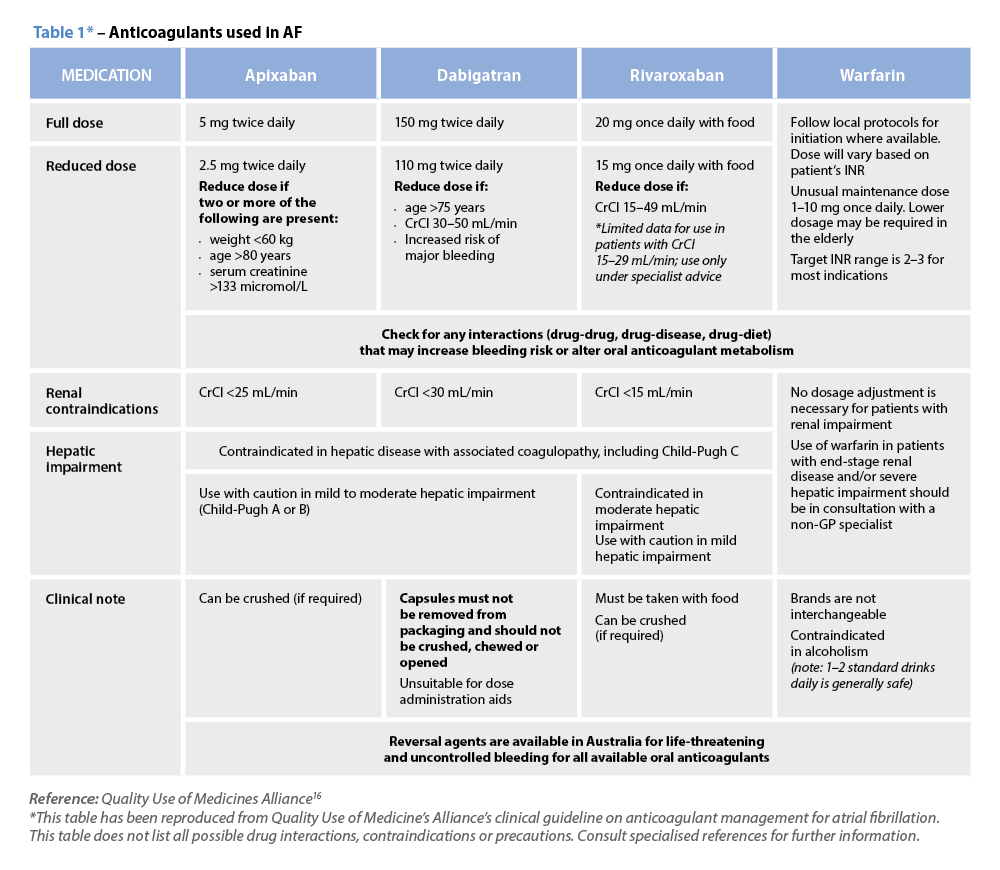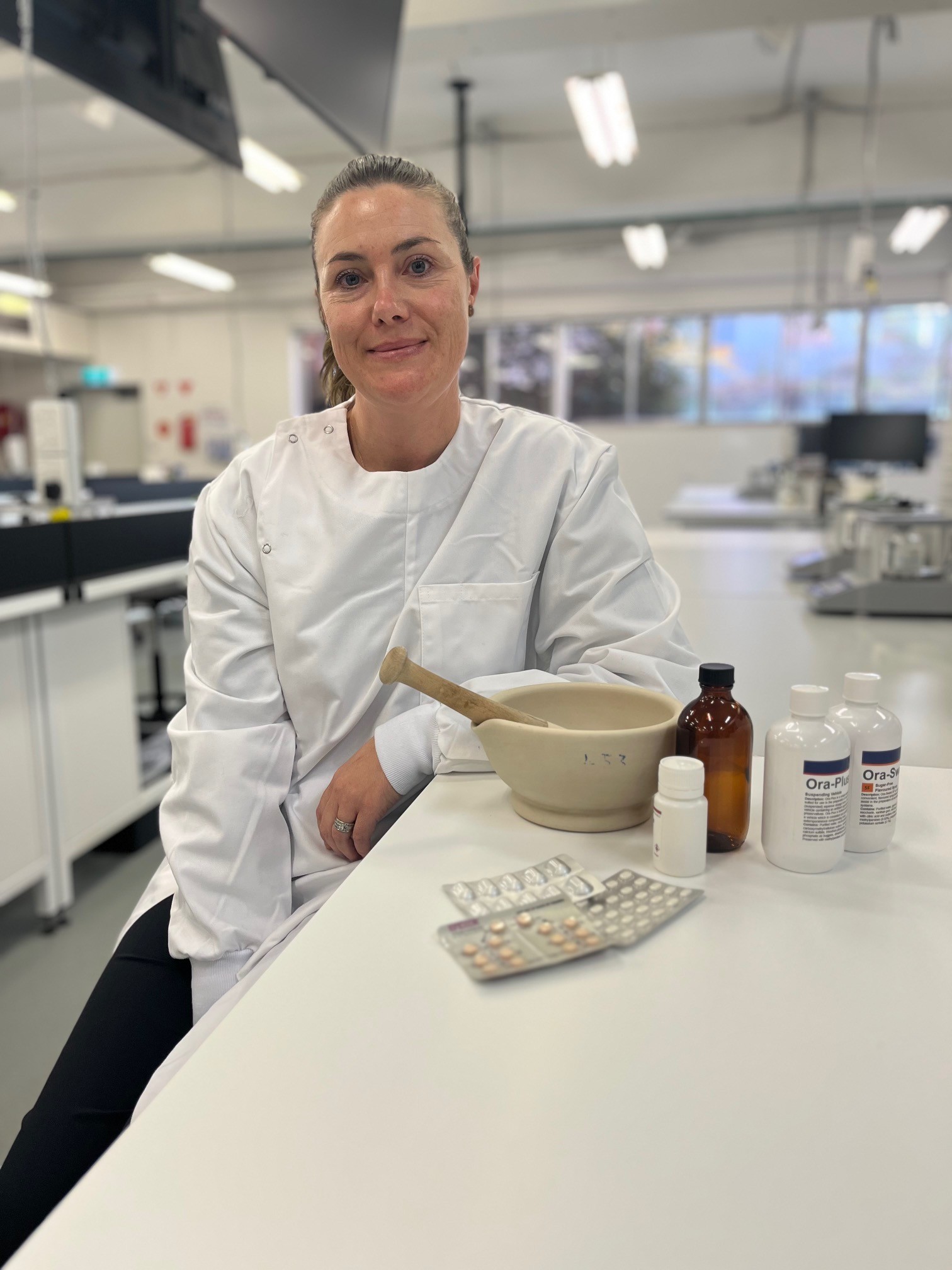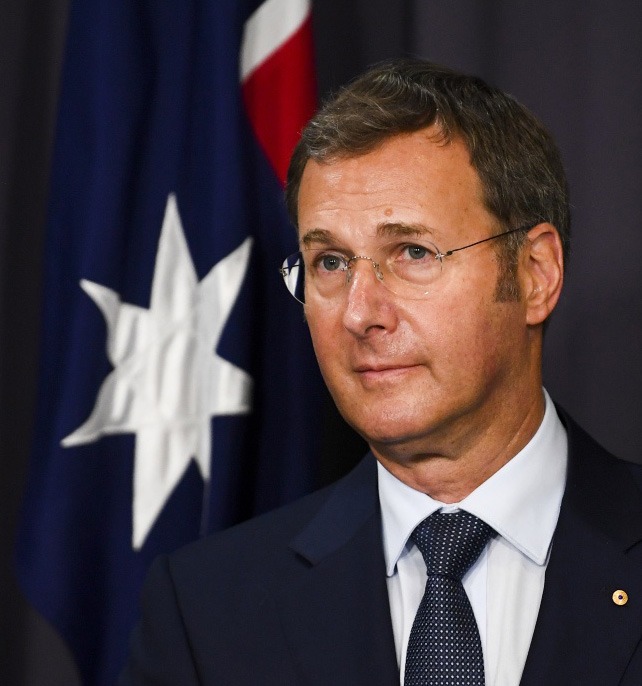Pharmacists must act as patient champions when it comes to accessing emergency contraception – and that means getting rid of the paper checklist for good.
This was the message delivered by Associate Professor Safeera Hussainy MPS at a PSA webinar on emergency contraception guidelines and education for pharmacists last week.
‘Access to contraception is a reproductive justice issue,’ A/Prof Hussainy said during the event.
‘We [often] think reproductive justice is about choice, but it’s actually about access. You might call yourself pro choice, but there’s no choice without access. So it’s really important to enable that access and remove any barriers.’
One such barrier is the paper form and checklist still used by some pharmacists when supplying emergency contraception. The form was developed in conjunction with Family Planning Australia when levonorgestrel launched in the Australian market in 2004, but is now outdated.
Since then women seeking emergency contraception report this as a barrier to care.
‘Just having a normal, regular conversation as you would for any Schedule 3 medicine is [recommended],’ A/Prof Hussainy said.
The advice is now reflected in the Australian Pharmaceutical Formulary, which advises: ‘Gather patient information in a confidential, respectful and non-judgemental manner. Do not use a written checklist or form because the patient (or third party) can perceive it as a barrier to care’.
How to have the conversation
As part of her research into emergency contraception, A/Prof Hussainy and her colleagues asked more than 400 women around Australia how pharmacists could improve their practice.
Suggestions from respondents included showing empathy, having compassion, acting in a friendly manner, asking minimal questions and being non-judgmental.
They also indicated a desire for privacy, information on how emergency contraception works and potential adverse effects, and discrete access, for example providing the medicine in a bag.
‘It’s hard going up to the counter and asking for it, because you could be in a line full of people,’ one survey participant said.
‘Obviously they’re going to overhear you asking and then you have to stand at the counter and fill out the form. I think they could move that to a quieter area.’
While every pharmacist will have their own approach, A/Prof Hussainy provided some useful tips for conversing about emergency contraception without the paper checklist.
This includes:
- Using affirmative statements such as ‘thanks for coming in today’ to show there is no shame in accessing emergency contraception.
- Seeking permission. For example, ‘So I can understand your situation better, I’d like to ask you some questions, if that’s ok?’
- Explaining why you are asking certain questions. For example, ‘The next few questions can influence the choice of emergency contraception provided’.
Importantly, if a patient doesn’t want to have a discussion in person, A/Prof Hussainy said to remember pharmacists can speak with them over the phone.
‘I’ve heard a lot of scenarios where the pharmacist has said, “no, you have to come in”. That’s another barrier,’ she said. ‘Third party supply is allowed – it’s not essential to consult the intended user of the emergency contraception.’
Creating safe spaces
Aside from saying goodbye to the form forever, it’s also important to provide an appropriate space where pharmacists and patients can speak privately.
A/Prof Hussainy pointed to the ‘safe spaces’ initiative in the United Kingdom, which aims to support survivors of domestic abuse by providing a dedicated place for people to seek help.
The scheme launched in May 2020, and by October 2020 it had been accessed by about 3,700 people. One in four pharmacies have now opened safe spaces, which are usually the pharmacy’s consulting room.
‘If you don’t have a consultation space, can you move to a quieter area?’ A/Prof Hussainy asked during the webinar. ‘[Patients] really respect and appreciate when the pharmacist shows they are present and engage with them. Make eye contact and be empathetic … Empathy is key.’
It helps to provide a perception of privacy, for example in a quiet corner, while using techniques such as gentle smiling, a quieter tone of voice and asking permission.
Building confidence to supply emergency contraception
Dr Kathleen McNamee, Medical Director of Sexual Health Victoria, took webinar attendees through the differences between the two oral emergency contraception medicines, levonorgestrel and ulipristal.
‘Both the oral [medicines] act to either prevent or delay ovulation,’ she said. ‘It’s really important to consider the delay, because people might be under the impression they have ongoing protection and they don’t have any ongoing protection at all.’
In a standard situation, Dr McNamee said ulipristal is preferred unless the patient can’t afford it. This is because ulipristal is generally more effective and can be used up to 120 hours after unprotected sex occurs.
In a poll conducted during the webinar, 51% of attendees said their pharmacy stocked ulipristal, yet 31% didn’t feel confident about when to supply it or how to counsel patients on its use.
A/Prof Hussainy said it was important to build confidence by gaining more knowledge, stocking the medicine and supplying it more regularly.
‘Ultimately if you are not stocking it, you’re not providing that choice to women, which goes back to reproductive justice,’ she said.
‘I don’t think a lot of women would know about ulipristal … You can be those change agents by stocking it and informing women about it … I think then we’ll see a shift in practice.’
To access the updated guideline, go to:
- digital APF (www.apf.psa.org.au)
- PSA Resource Hub (www.psa.org.au/practice-support-industry/resources/)
Missed the webinar?
The PSA held a national member benefit webinar on 2 February that discussed the guideline and Emergency Contraception with experts in the field. A recording will be available soon at www.my.psa.org.au
Need more help?
Members can call the Pharmacist-to-Pharmacist Advice Line on 1300 369 772 (8.30 am–5 pm AEST weekdays) for any practice advice query.





 Beyond the arrhythmia, AF often signals broader pathological processes that impair cardiac function and reduce quality of life and life expectancy.5 Many of these conditions are closely linked to social determinants of health, disproportionately affecting populations with socioeconomic disadvantage. Effective AF management requires addressing both the arrhythmia and its underlying contributors.4
Beyond the arrhythmia, AF often signals broader pathological processes that impair cardiac function and reduce quality of life and life expectancy.5 Many of these conditions are closely linked to social determinants of health, disproportionately affecting populations with socioeconomic disadvantage. Effective AF management requires addressing both the arrhythmia and its underlying contributors.4  C – Comorbidity and risk factor management
C – Comorbidity and risk factor management Warfarin
Warfarin
 Natalie Cooper[/caption]
Natalie Cooper[/caption]

 Professor Michael Kidd[/caption]
Professor Michael Kidd[/caption]





